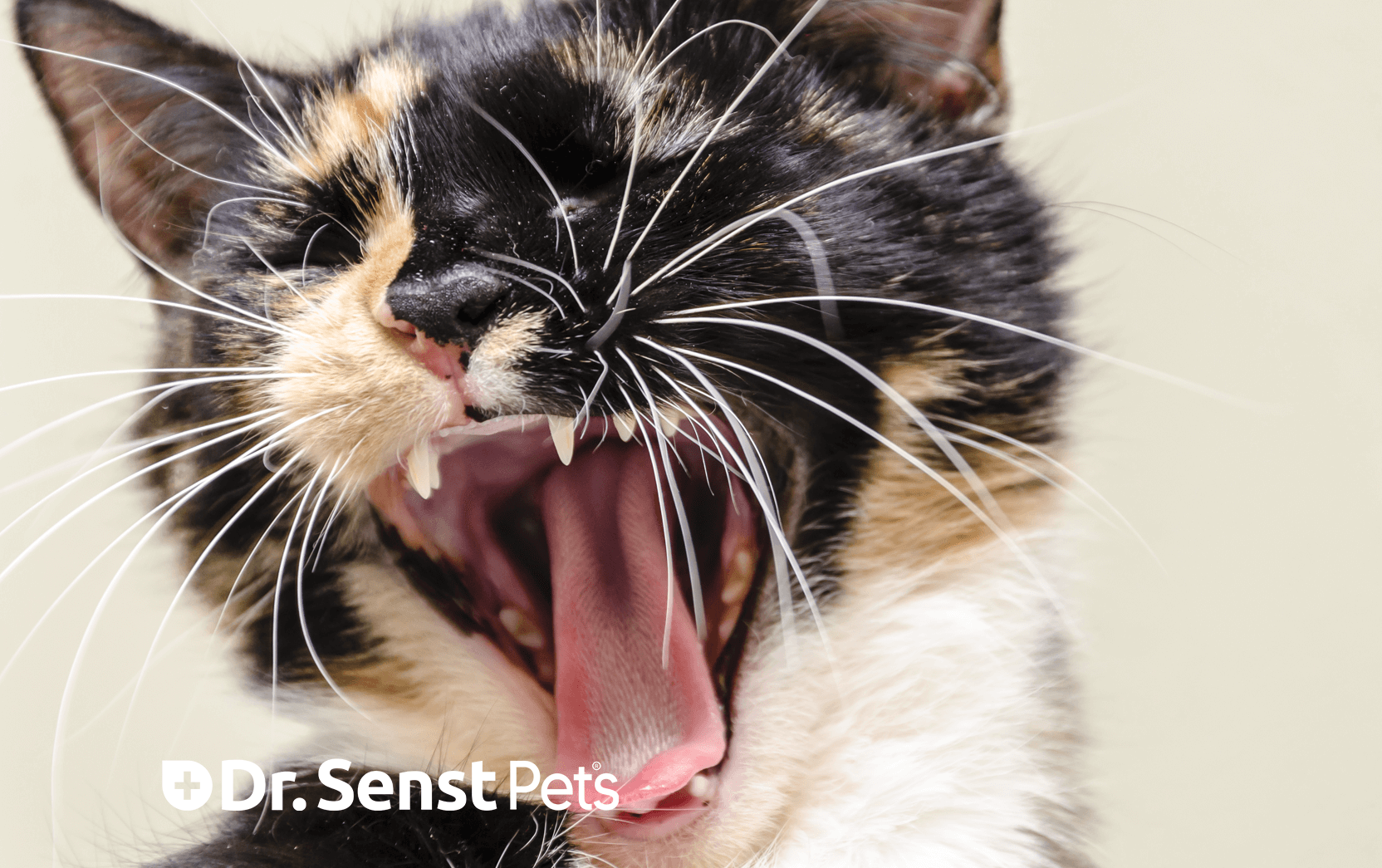
- by Dr.Thilo Senst
Best Herbal Calming Remedies for Cats: What Works
- by Dr.Thilo Senst
Cats: the majestic rulers of our homes and our hearts. But every now and then, even the fluffiest of felines can turn into a tiny ball of anxiety—hissing, hiding, and acting like you’ve just suggested a bath. If your cat seems more stressed than a student during exam week, it’s time to explore herbal calming remedies.
Let’s unravel the mysteries of cat calming methods that don’t involve bribing them with tuna or building a feline-sized meditation studio. From valerian root to catnip, this guide will help you calm your cat in a way that even Garfield would approve of.
Cats may seem like the poster children for “chill,” but even they have their breaking points. Here’s why your moggy might be on edge:
Moving house? New furniture? Or worse—a dog? Cats thrive on routine, and any changes can cause their stress levels to spike faster than a laser pointer chase.
Fireworks, thunder, or your karaoke rendition of "Bohemian Rhapsody" can send your cat into a tailspin.
A new baby, pet, or even a houseguest can make your cat feel like their kingdom is under siege.
Think about it: surrounded by chaos, unsure what’s safe, and ready to bolt at the first sign of trouble.
Move over, chamomile tea—valerian is the superstar herb for calming cats. It has a sedative effect that makes your cat feel like they’re lounging on a tropical beach.
Yes, the same herb that turns your cat into a hyperactive maniac can also calm them once the initial euphoria fades. Think of it as the feline equivalent of burning off energy at the gym before relaxing.
Chamomile isn’t just for humans in cosy jumpers. Its calming properties can help soothe your cat, especially if they’re nervous about visitors.
Known for its anxiety-reducing effects, passionflower can be used in sprays or diffusers to create a Zen-like environment for your cat.
According to the PDSA, over 40% of UK cat owners report their cats showing signs of stress due to changes in their environment. Stress can lead to behavioural issues, overeating, and even health problems like urinary infections.
Here’s a fun stat: Using herbal calming sprays reduced stress behaviours in cats by up to 30% in a UK study on feline anxiety.
Plug-in diffusers release calming herbs like valerian into the air, creating a spa day for your cat—minus the cucumber slices.
Spritz your cat’s favourite sleeping spot with a calming spray. Just don’t accidentally spray yourself, or you might end up napping alongside them.
Calming treats infused with herbs are like biscuits for your cat’s nerves. Easy to give, and they double as a snack.
If your cat had a subscription service for relaxation, herbal remedies would be their favourite series: binge-worthy and stress-relieving.
Q: Can I mix different herbal remedies?
A: Yes, but consult your vet to ensure the combination is safe for your cat.
Q: How long does it take for herbal remedies to work?
A: Diffusers and sprays can take a few hours, while treats might work within 30 minutes.
Q: Are herbal remedies safe for kittens?
A: Most are safe, but always check labels or consult your vet.
Stress-free cats are happy cats. Herbal remedies offer a natural, effective way to calm your feline friend without breaking the bank. Whether you choose valerian, catnip, or chamomile, your cat will thank you—probably by curling up for a well-deserved nap.
![]()
Enter your details & download our comprehensive 50+ page printable Dr. Senst Pet Care Planner completley FREE! - keep track of all your pet’s needs, from medical history and training to vet visits, grooming, diet, and more!










Share:
Caring for Senior Dogs: Health and Wellness Tips
Caring for a Cat with an Abscessed Wound